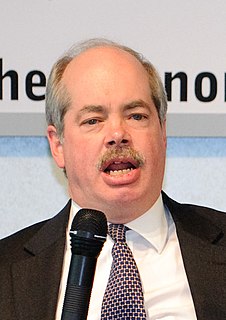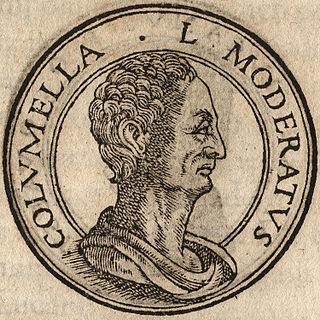A Quote by Christopher Flavin
Already, China's world-leading solar industry provides water heating for 35 million buildings, and India's pioneering use of rainwater harvesting brings clean water to tens of thousands of homes.
Related Quotes
Water is one of the most basic of all needs - we cannot live for more than a few days without it. And yet, most people take water for granted. We waste water needlessly and don't realize that clean water is a very limited resource. More than 1 billion people around the world have no access to safe, clean drinking water, and over 2.5 billion do not have adequate sanitation service. Over 2 million people die each year because of unsafe water - and most of them are children!
The Safe Drinking Water Act, the safety provisions of the Clean Water Acts, the Clean Air Act, the Superfund Law - the gas industry is exempt from all these basic environmental and worker protections. They don't have to disclose the chemicals they use. They don't have to play by the same rules as anybody else.
I usually don't throw around the word 'fabulous,' but how else to describe buildings decorated with mirrored water dragons, serpents tiled in colored glass, and hundreds - no, thousands, no, tens of thousands - of gold-leaf Buddhas? Luang Prabang has more than 47,000 residents, but its Buddha population must be ten times that.
I've been around water my whole life, so I basically really learned at a young age the importance of it but also one day, at one point, clean water will be hard to find. There's so many people throughout the world that don't have access to clean water. Obviously we're extremely fortunate to have the opportunities that we have and to have all the water that we have. Like I said, and I can't say it enough, we all should work together to try and conserve as much as we possible can.
Water, water, water....There is no shortage of water in the desert but exactly the right amount , a perfect ratio of water to rock, water to sand, insuring that wide free open, generous spacing among plants and animals, homes and towns and cities, which makes the arid West so different from any other part of the nation. There is no lack of water here unless you try to establish a city where no city should be.
When I'm talking about a developing world, I also look at clean-water access - women who are more vulnerable to sexual violence when they're fetching water. And talking about what we have going on here, with our carbon footprints and our emissions, is just as important to me as figuring out how to provide clean water to people who need it in regions around the world.
I'd worked on leprosy and malaria in India [at the World Bank] and asked myself the question: Why do we let 2 million children die every year around the world for not having clean water? Because they're faceless and nameless. So, for me, Facebook looked like it was going to solve the problem of the invisible victim.
I was inspired to see leaders from Paris, New York City, San Francisco and Vancouver, B.C. rolling up their sleeves to create clean and safe transportation systems; make homes and buildings efficient, comfortable and affordable; and ensure more of our energy comes from clean sources like wind and solar.































